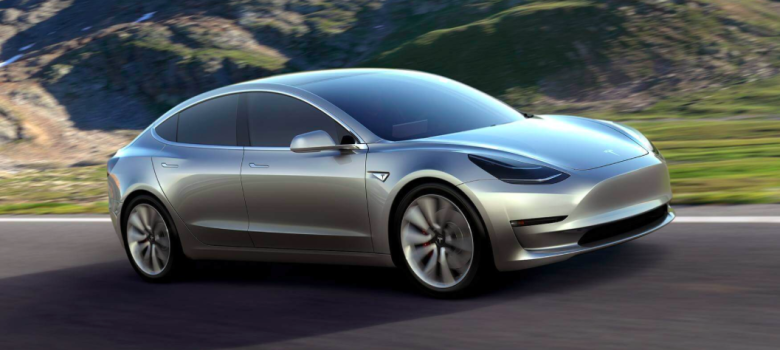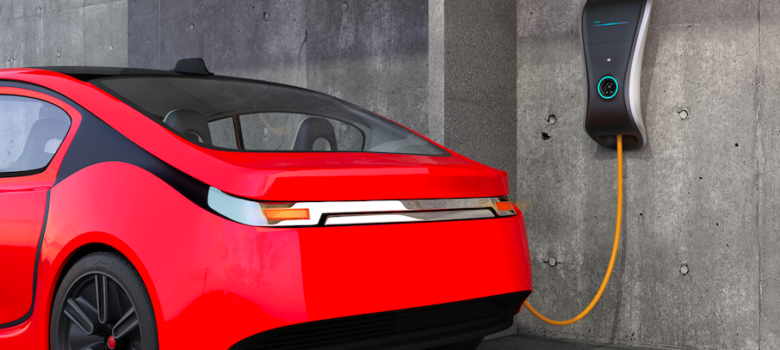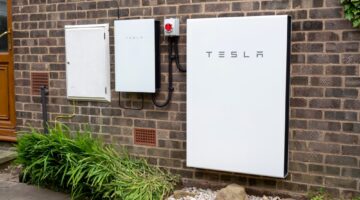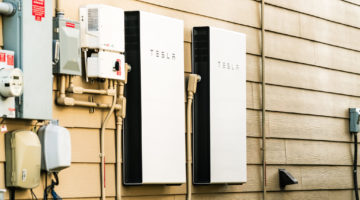
Electric cars have long been hailed by some as the future of driving. But until now, with high price tags and a lack of charging points, they have always been somewhat of a novelty. With the launch of the Model 3, Tesla are aiming to bring them to a much larger audience.
The much-hyped Tesla Model 3 was launched on Friday. In several countries, it had people queuing for hours to order, despite it not going on sale until late 2017. It is expected to retail for around 35,000USD, in line with Tesla’s business plan to create increasingly affordable cars.
Who are Tesla?
Tesla have revolutionised lithium ion battery power.
Since launching the first fully electric car, the Roadster, in 2008, Tesla have become a big name in the motor industry. Tesla’s fans are numerous, from UK grime artists to Hollywood A-listers, and popularity is growing.

What is the Tesla Model 3?
The Tesla Model 3 is a sleek-looking 5 door fully electric sedan, with a range of more than 200 miles. The company hopes that its five-star safety rating and lower price than previous models could attract a new range of buyers. Earlier Tesla models have been the reserve of the rich; they started off producing small numbers of high-end sports cars but with the Model 3 they have a more mainstream product.
Tesla also aims to double the number of supercharging spots by the end of 2017, thus providing more opportunities for easy and quick charging, which has previously been an issue. Tesla ‘Supercharger’ stations charge twice as fast as conventional charging stations and at the moment there are only 14 in the UK – but if you live near a big city you may be in luck!
It has not been an easy ride for Tesla – last year they reported a net loss of £620million and they have dodged bankruptcy on several occasions since the company was founded in 2003. They are pinning all their hopes on the Model 3 – they need to sell a huge number to turn their fortunes around. If early interest in the new car is anything to go by, however, Tesla will not be bowing out any time soon.
Below, we discuss electric cars more generally.

Electric cars are typically quiet and smooth to drive. Running costs can be low, as electricity is relatively cheap in comparison to petrol, and electric cars are efficient – they do not use huge amounts of power. In addition, they do not have exhaust systems and don’t need oil changes so maintenance costs are reduced. Keeping tyres in good working order is the main expense.
Are electric cars better for the environment?
Electric cars have no tailpipe emissions. However, it could not be said that they have no environmental impact. It is impossible to tell exactly the imprint they have, as it depends how the electricity was sourced – it could be from a pollutive, inefficient source such as coal power.
How often do you need to charge an electric car?
Most – but not all – have ranges of under 200 miles. Most models take 3-10 hours to charge fully, but normally only half an hour to charge to 80% – the logistics of trickle charging mean that the last 20 percent takes the longest.
However, you do not need to hang around and wait; you can just plug in and walk away.
Are there many charging points in the UK?
At the time of writing, there are almost 4000 electric charge points in the UK. The number is rapidly growing to meet demand, with some funding from the government.
In theory, electric cars can be charged off the mains, however the rate of charge is very low and you would have to do it overnight to get it to near full.
Installing an electric car charging point
Interested in having an electric car charging point installed in your home? We have scoured the country for the best tradespeople, so that we can make sure we only recommend those we really trust.
If you would like us to find you a local installer to help install an EV charging point in your home, just fill in the form below and we will be in touch shortly!













No Comments yet! Be the first one.